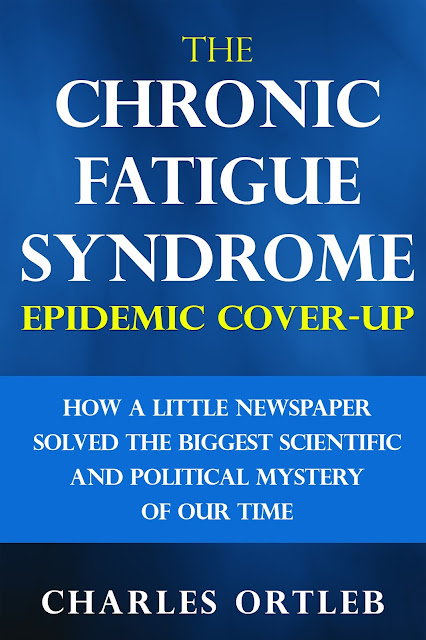Does the dose influence in African Swine Fever have something to teach us about HHV-6 dose influence in AIDS and Chronic Fatigue Syndrome?
Abstract
African swine fever (ASF) is a fatal disease for domestic pigs, leading to serious economic losses in countries where ASF is endemic. Despite extensive research, efficient vaccines against ASF are lacking. Since peripheral blood cells are important mediators for vaccines, we study the impact of ASF on blood parameters in pigs with different ages and infected with different doses of ASF virus. Four different groups were studied: (1) 12 weeks of age/low virus dose; (2) 12 weeks of age/high virus dose; (3) 18 weeks of age/low virus dose; and (4) 18 weeks of age/high virus dose. By varying in age and/or ASFV inoculation dose, we monitor blood parameters during different degrees of disease. Thirty percent of the pigs survived the infection with a moderately virulent strain of African swine fever virus (ASFV). Animals that did survive infection were generally older, independent from the inoculation dose used. A firm reduction in many different cell types at 3–5 days postinfection (DPI) was accompanied by an increase in body temperature, followed by clinical signs and mortality from day 6 PI. While blood parameters generally normalized in survivors, γδ T cells and IL-10 levels could be related to mortality. These conclusions should be considered in new approaches for protection against ASF.
















